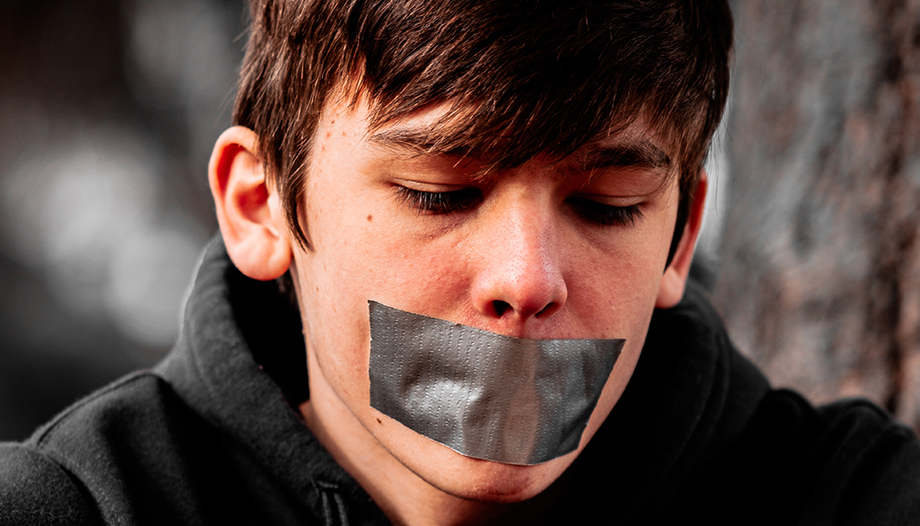– Supernatural cancellation culture is a phenomenon that develops and strengthens through social networks and seeks to reproach those people to whom attitudes or behaviors that are socially frowned upon are attributed, even when such behaviors do not constitute a crime, and regardless of their truthfulness or falsity.
Paradoxically, the policy of cancellation has its origins in the early stages of Nazi Germany, and was directed towards Jews and those who did not share the ideas of National Socialism. Despite the good wishes it expresses, it is not always used as a tool to hold the powerful accountable, but as a policy of domination and repression -by elimination of public space- of dissidence, of those who think differently or put forward other proposals.
J.K. Rowling, author of the Harry Potter book series, was accused of transphobia for saying that gender corresponded to biological sex. The writer signed, together with personalities as diverse as Noam Chomsky, Saldman Rudshie, Margaret Atwood and Javier Cercas, a long letter warning about the dangers of the cancellation culture and the climate of intolerance, and claiming the right to disagree with what is considered politically correct.
Political correctness is a form of censorship and dogmatism. We have assumed that not thinking like the other gives the right to silence, erase or make someone invisible. The fact that any saying or act that goes against what we believe is annulled is not only unacceptable, but also dangerous in a free society. That a social group - however broad it may be - determines what can be said and what cannot be said, limits the debate of ideas and leads to a single way of thinking.
We citizens are very capable of selecting what interests us and what does not. The desire to eliminate discrepancy is typical of authoritarian regimes that exercise censorship as self-defense. That is why intellectuals from all over the world are warning about the risks of this phenomenon, which ends up attacking the foundations of democracy, particularly a fundamental one: freedom of expression. It is worth asking whether canceling someone's ideas and opinions is really something that builds an authentic democratic culture. Or does it rather achieve the opposite of what it promises, fostering intolerance, eliminating the right to disagree with the -real or supposedly- dominant discourse.
Professor at the Faculty of Law of the International University of Catalonia and director of the Institute for Advanced Family Studies. She directs the Chair on Intergenerational Solidarity in the Family (IsFamily Santander Chair) and the Childcare and Family Policies Chair of the Joaquim Molins Figueras Foundation. She is also Vice-Dean of the Faculty of Law at UIC Barcelona.








